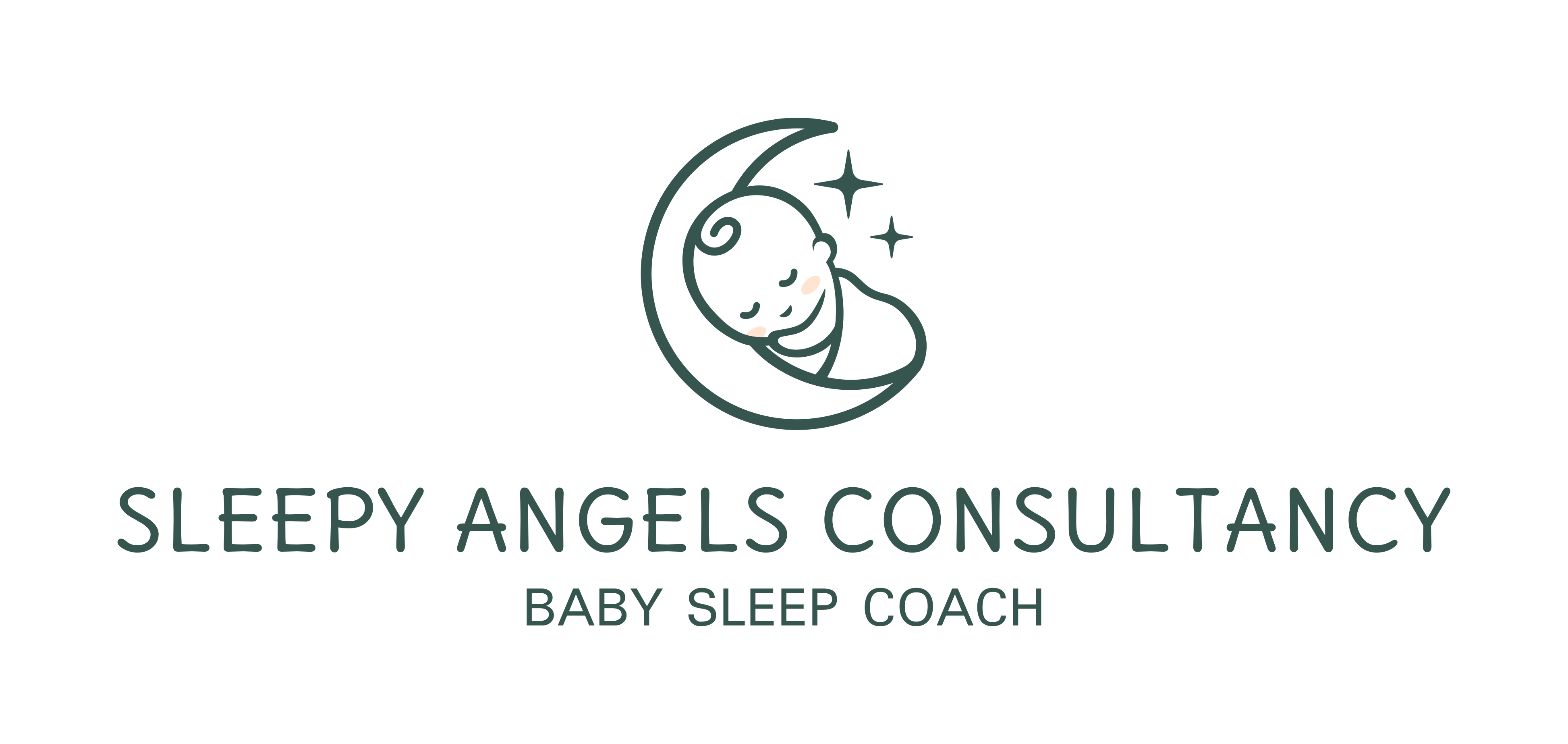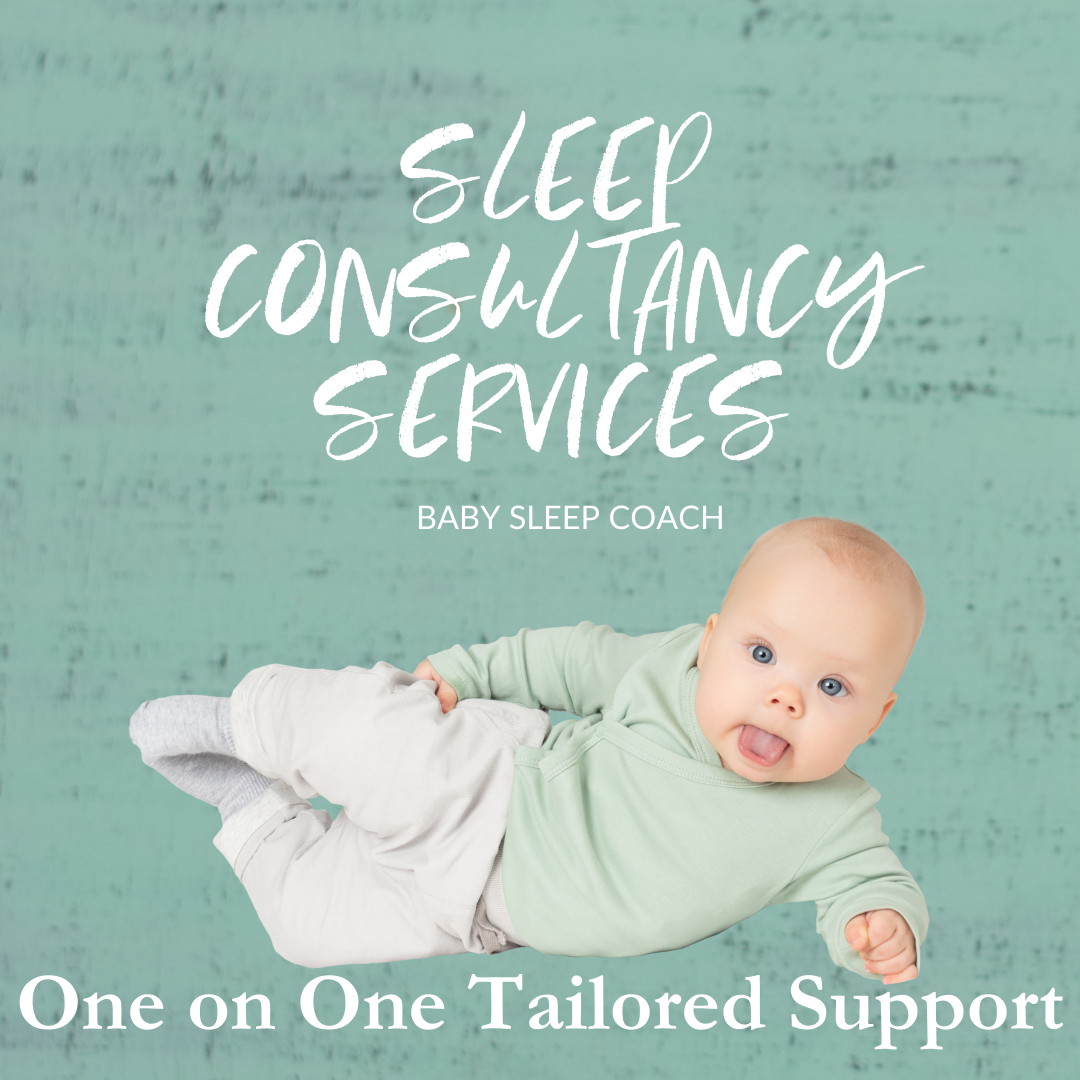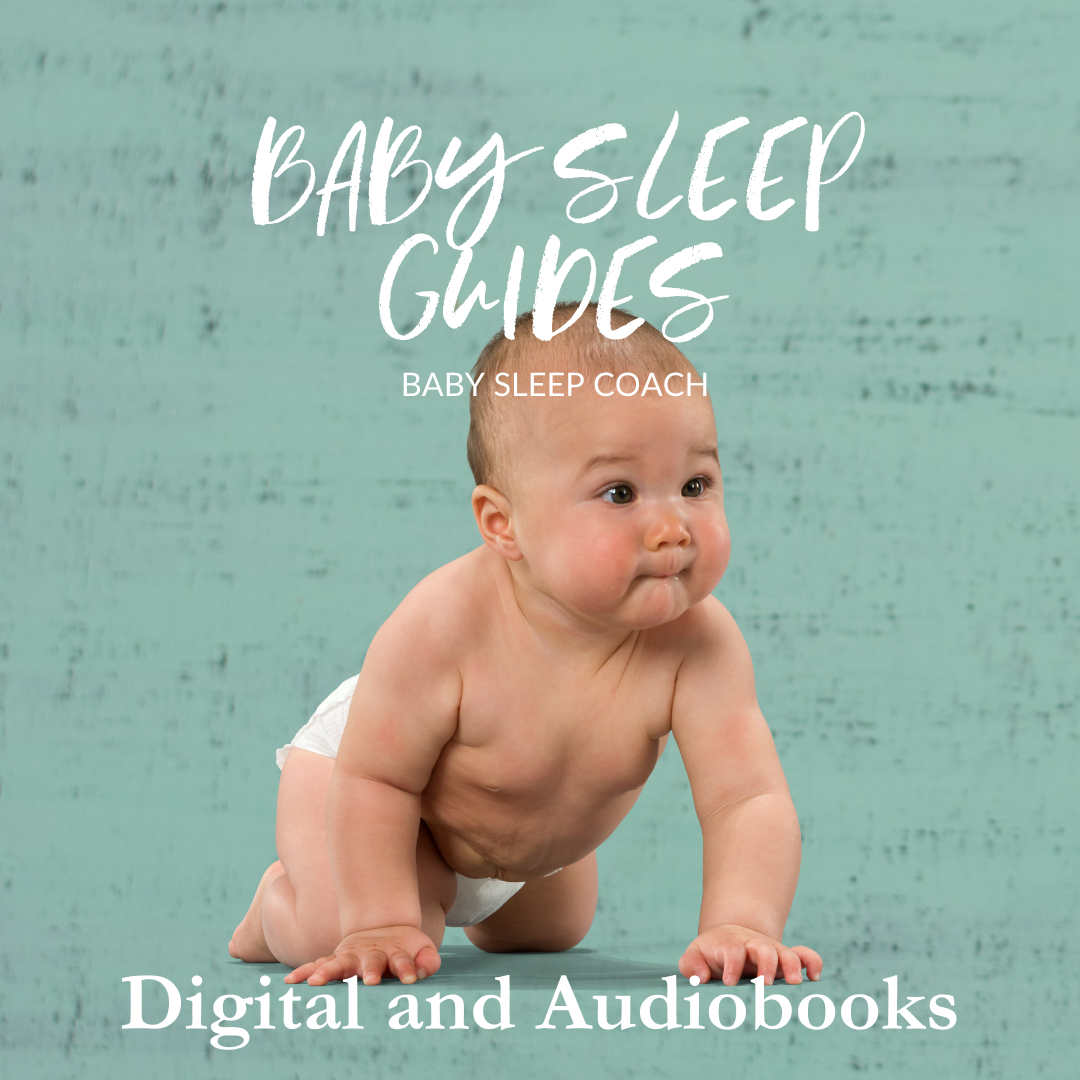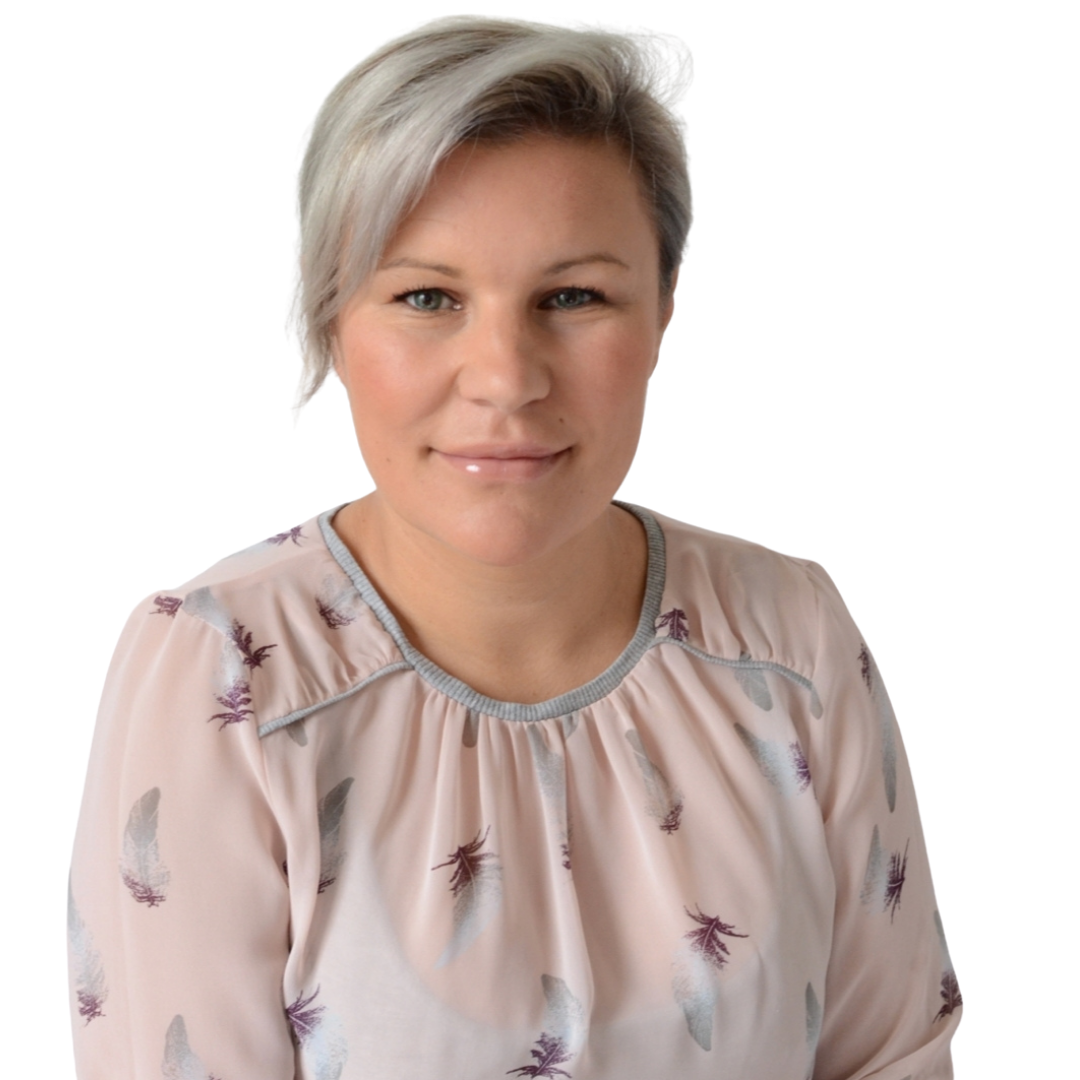TABLE OF CONTENT:
BLUE LIGHT AND SLEEP
Discussions around Blue Light and its effects are becoming more popular than ever, with a lot of devices now offering blue light filters to decrease our exposure. Whilst as adults, the majority of us decide to ignore this guidance, are our babies and children over-exposed and can this take some of the blame for their difficulties sleeping?
What Is Blue Light? Does Blue Light Affect Melatonin Production?
Without getting too technical, all light (and colour) is made up of wavelengths and of those wavelengths, Violet and Blue are the shortest. Due to being the shortest, they interact with our Circadian Rhythm, which is our body’s internal clock and one of the largest factors that can influence either restful and restorative sleep or cause disrupted and unsatisfactory baby sleep.
The reason it causes this effect is that Blue Light suppresses the production of Melatonin, the hormone which makes us sleepy. That’s not to say that all exposure to Blue Light is bad, we require this exposure during the day to keep our bodies awake and working correctly! However, with babies and young children who require naps, it’s a fine balance.
Where Is Blue Light?
Blue light can be found in the sunshine (along with Vitamin D, which if you haven’t read our blog about it can be found here) which helps to promote sleep quality if exposed at the right time of the day. However, we can also get an artificial blue light on our devices with screens and even from some LED light bulbs. Some items such as night lights and the popular gro clock produce blue light! We recommend parents always check for whether an item uses blue light when you are buying baby nursery decorations or nursery accessories- or anywhere baby sleeps!
How Can I Limit Blue Light Exposure To Help My Baby Sleep Better?
It’s no secret that experts advise screen-time be limited for children, whilst this is something we all strive for in our daily lives it can easily be disrupted. Sometimes, despite our best efforts, we just need the kids to be distracted whilst we get something done! It’s tempting to use this any allocated screen time in the evening as we get tired and have more to do, but trying to keep the little ones away from screens for 2 hours before bed is the ideal practise so as not to mess with the Melatonin production.
Introducing… Red Light!
On the opposite end of the spectrum to its cousin Blue Light, Red light is the longest wavelength and has been proven to improve the production of Melatonin in the body and have no effect on the circadian rhythm.
You can buy red nights lights, a salt lamp, a red lampshade to swap over in the evenings or even multi-coloured light bulbs that can be controlled from an app on your phone! If buying any of these is an option for you then we would recommend giving it a try.
Are Ways To Counter Blue Light During Baby’s Bedtime Routine?
In addition to avoiding screen-time for 2 hours before bed, our recommendation is to incorporate a peaceful bedtime routine. An example might be:
-
Having your evening meal in a room without TV (or turn the TV off)
-
Follow this up with some round the table games or conversation. Depending on how old your child is, this is also a great way to incorporate some family bonding! If you have a baby who can sit in the highchair you could use this time to exaggerate eating practices and try to get your baby to copy as a fun, developmental practise.
“Choosing The Right Foods In The Evening Can Also Help Baby To Sleep Through The Night. You Can Read About The Foods That Promote Sleep Here.”
-
Once the meal has settled and there has been some interaction, a great next step is bath-time. If you have the time, it’s always great to involve some play in the water. Don’t worry too much about getting baby excited at this point.
-
Once the baby/child is out and wrapped in a fluffy towel, it’s time to start using a quieter tone and making the drying and moisturising process calming. If you have learnt any baby massage techniques now would be a great time to use those and if you have red light available this would be a good point to use this.
-
Time for a bedtime story and cuddles before you put to bed routine, this might involve some bedtime milk.











0 Comments